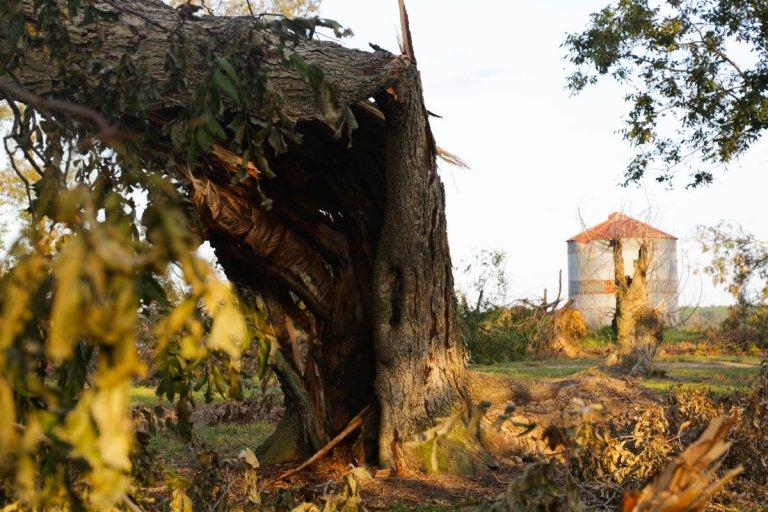
Caption
Hurricane Michael wiped out about one-fifth of Georgia's pecan acreage in 2018. Many farmers have since replanted the trees they lost, but this year brought another cruel setback: low prices for their abundant crops.
Credit: Georgia Department of Agriculture

